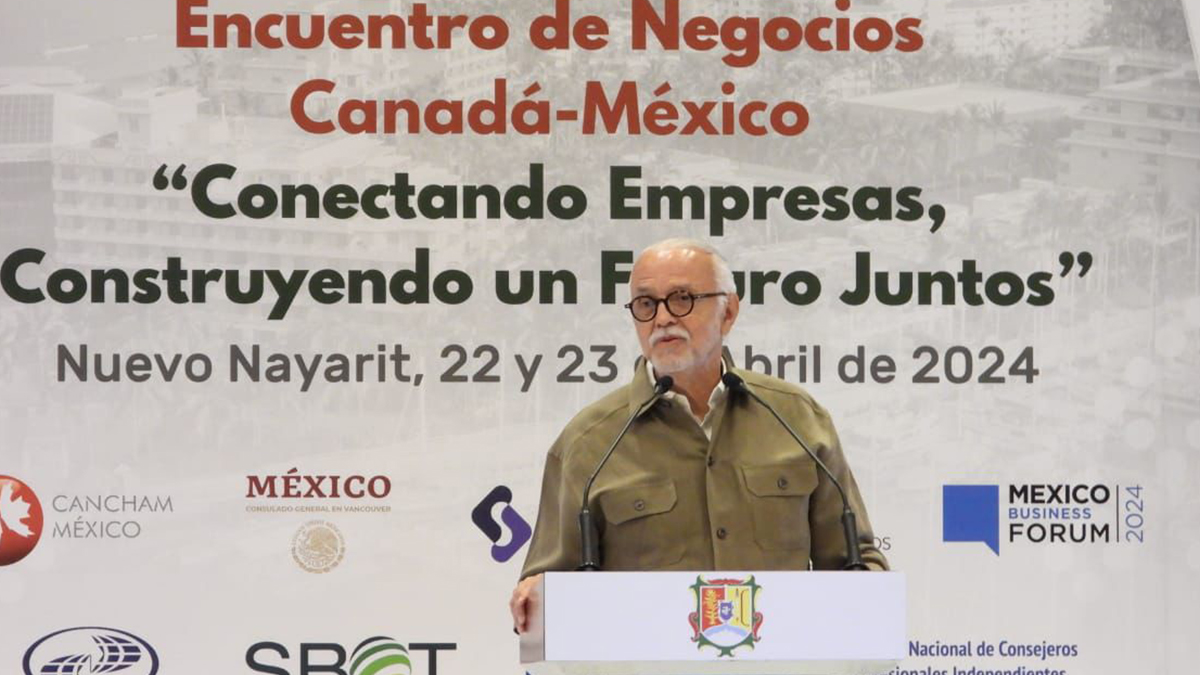The agreement was signed by Macri and the former Managing Director of the International Monetary Fund, Christine Lagarde, and by Nicolas Dugovny and Federico Storzinger – then Minister of Economy and President of the Central Bank, respectively-, It was marked by a series of violations It was denounced by members of the current ruling party. It even led to Alberto Fernandez, during the opening of regular sessions of Congress in 2021, announcing the filing of a criminal case that made no further progress.
The general expectation of subsequent evaluation is not a deep expectation of self-criticism. Although they in the government hope to see at least some of their proposals reflected. In fact, the president asked the authority weeks ago to review the agreement with Macri before signing a new program.
The fact is that this type of assessment is a formal and usual step of the organism, which usually focuses on technical issues. “It’s not something special that we do for Argentina. “We’re doing this with all of our exceptional access programmes,” International Monetary Fund spokesman Jerry Rice said last Thursday.
At the moment, the agency was responsible for managing the chief administrator of this program, which included the fiscal and monetary adjustment shock, deepening the recession and the highest rate of inflation in three decades. In addition to Lagarde, Alejandro Werner, former district manager; Roberto Cardarelli, first person in charge of personnel in the Argentina case; and David Lipton, former No. 2 at the IMF and current adviser to US Treasury Secretary Janet Yellen.
Meanwhile, the government will continue to negotiate with current employees on the new programme, whose definition appears to have been extended after opposition to the 2022 draft budget was rejected. The focus of discussions is on the macroeconomic goals that will form the multi-year plan. For example, the falling budget contained forecasts raised by Martin Guzman, many of which are still contested by the agency, and which call for a faster adjustment of the public accounts.
infractions
In the run-up to the IMF’s self-evaluation, think tank torsion Prepare a report detailing a series of irregularities committed in the credit given to the management of Cambiemos “that will not be in review”. On the one hand, those of a political nature. Essentially, the 2018 platform had “the support of the United States under the Donald Trump government” for trying to favor Macri’s re-election, as Mauricio Clavier Carrone, that country’s former representative to the fund, admitted. Board of Directors and current President of the Inter-American Development Bank.
Center document directed by Hernan Lecher, allied with the ruling party, He also questions a series of official violations by the management of Cambiemos. Among them, the lack of evidence of administrative actions and the lack of evidence of the prior opinion of the BCRA on the potential impact of credit on the balance of payments.
It also refers to the violation of the IMF statute by the body itself by allowing payments to be used to finance the permanent flow of capital. Section 1 of Article VI of the Articles of Association of the International Monetary Fund in its subparagraph a) indicates the following: “No member state may use the general resources of the Fund to meet a large or continuous flow of capital, and the Fund may require the member state to adopt control measures to prevent the use of the general resources of the fund for this purpose.
Guzmán has noted on various occasions that the $45,000 million spent went in practically equal parts to pay “unsustainable debt” to bondholders and to provide for the formation of foreign assets.
CEPA also asserted that “at least three of the four criteria for an Exceptional Access Loan (those equivalent to more than 187.5% of the country’s quota) were violated.” He pointed to those that indicate the sustainability of public debt in the medium term, the prospect of a return to global credit markets and political support for the program.
Finally, he questioned the political purpose of designing the disbursement schedule and repayment structure “which has always been, from any point of view, unpayable to the country”. In reshaping the program three months after it was signed, it was decided that “nearly 90% of payments will be made before the June 2019 primaries”.
All this backlog of violations could call into question part of the legitimacy of the origin of that program. For now, through negotiations, this debt is on its way to being recycled into a new agreement that will represent economic policy for the next five years.





